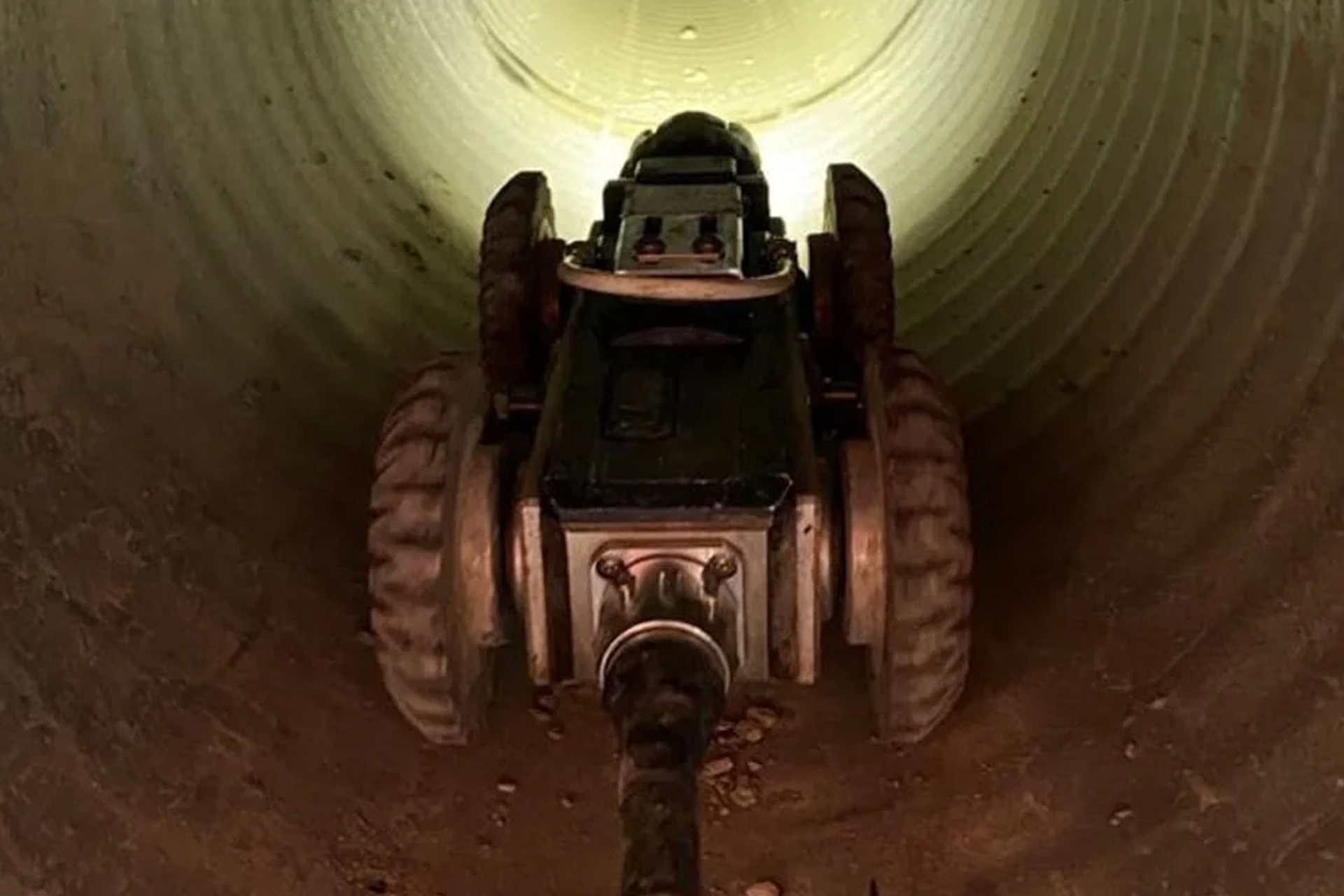Some Known Facts About Reclaim Waste.
Some Known Facts About Reclaim Waste.
Blog Article
Top Guidelines Of Reclaim Waste
Table of ContentsThe 7-Second Trick For Reclaim WasteExamine This Report about Reclaim WasteThe 5-Second Trick For Reclaim WasteGetting The Reclaim Waste To WorkThe smart Trick of Reclaim Waste That Nobody is Talking About
Explore the kinds, occurrences, and forms of liquid waste. Residential sewer waste refers to the waste and items from a property septic system. This sort of waste is created by human beings in residences, colleges, and various other buildings. This only consists of septic storage tanks that have a drain area. The appropriate management and disposal of residential sewage waste need fluid waste to be transferred to a sewer therapy plant where the appropriate approaches and tools are used to purify and throw away waste.
Commercial waste often consists of potential hazards, such as combustible products or a mixture of liquid and strong waste products, and needs a much more advanced and comprehensive disposal process. The disposal of industrial waste normally includes the filtering of waste prior to transport to guarantee safe and appropriate disposal. Hazardous waste is created from byproducts and overflow of commercial processes and production.
This sort of waste can not use the very same sewer management transport or procedures as septic or commercial liquids. The hazardous waste monitoring process requires the assessment and testing of liquid waste prior to it goes through the disposal process (liquid waste disposal). Overflow waste is the liquid waste that originates from drainage and excess stormwater in highly inhabited locations or cities
Overflow waste can cause contamination and flooding if not managed effectively. Making certain proper waste administration can protect against catastrophes and decrease ecological damage.
The Single Strategy To Use For Reclaim Waste
Contact PROS Solutions today to learn more about our waste monitoring and disposal solutions and the proper methods to care for the liquid waste you generate.
(https://trello.com/w/reclaimwaste1/)Do you know what takes place to your water when you pull the plug, flush the toilet or drain pipes the washing device? No? Well, it deserves recognizing. This supposed 'wastewater' is not only a vital resource yet, after treatment, will be released to our land, waterways or the ocean. Used water from toilets, showers, bathrooms, cooking area sinks, laundries and industrial processes is called wastewater.

water made use of to cool equipment or tidy plant and tools). Stormwater, a kind of wastewater, is overflow that streams from farming and city locations such as roofing systems, parks, yards, roads, courses and rain gutters right into stormwater drains, after rain. Stormwater flows unattended straight to regional creeks or rivers, eventually reaching the ocean.
Our Reclaim Waste Ideas
In Queensland, the majority of wastewater is treated at sewage treatment plants. Wastewater is moved from residential or commercial sites through a system of sewage systems and pump terminals, understood as sewerage reticulation, to a sewer therapy plant. Regional governments develop, preserve and run most sewer therapy plants. Operators are accredited under the Environmental Security Act 1994 to release cured wastewater at an appropriate ecological criterion right into waterways.
The Department of Natural Resources encourages city governments regarding managing, operating and maintaining sewerage systems and therapy plants. In unsewered areas, city governments may require householders to mount individual or family sewer treatment systems to deal with domestic wastewater from bathrooms, kitchens, bathrooms and laundries. The Department of Natural Resources authorises the use of house systems when they are proven to be efficient.
Most stormwater gets no therapy. In some brand-new neighborhoods, treatment of some stormwater to eliminate litter, sand and crushed rock has actually started making use of gross toxin traps. Wastewater treatment takes place in 4 stages: Gets rid of strong matter. Larger solids, such as plastics and various other things incorrectly discharged to sewers, are removed when wastewater is passed via displays.
Uses tiny living organisms understands as micro-organisms to damage down and eliminate continuing to be liquified wastes and great particles. Micro-organisms and wastes are incorporated in the sludge.
The smart Trick of Reclaim Waste That Nobody is Talking About
Nutrient elimination is not available at all sewage therapy plants due to the fact that it calls for pricey specialised devices. It is becoming a lot more common in Queensland. Clear liquid effluent generated after therapy might still consist of disease-causing micro-organisms. If this effluent is released into rivers such as rivers or the sea, the micro-organisms will eventually pass away out.

A lot of wastewater moves right into the sewerage system. Under the Act, local federal governments provide approvals and permits for environmentally appropriate tasks (ERAs) entailing wastewater releases that may have a neighborhood impact.
The Definitive Guide to Reclaim Waste
Otherwise, examples are considered research laboratory evaluation. Commonly lots of tests are needed to establish the levels of each of the different contaminants such as oils, heavy steels and chemicals in water. Surveillance provides accurate info about water top quality and can confirm that licence problems are being fulfilled. The info gotten via more info here monitoring supplies the basis for making water quality choices.
Report this page